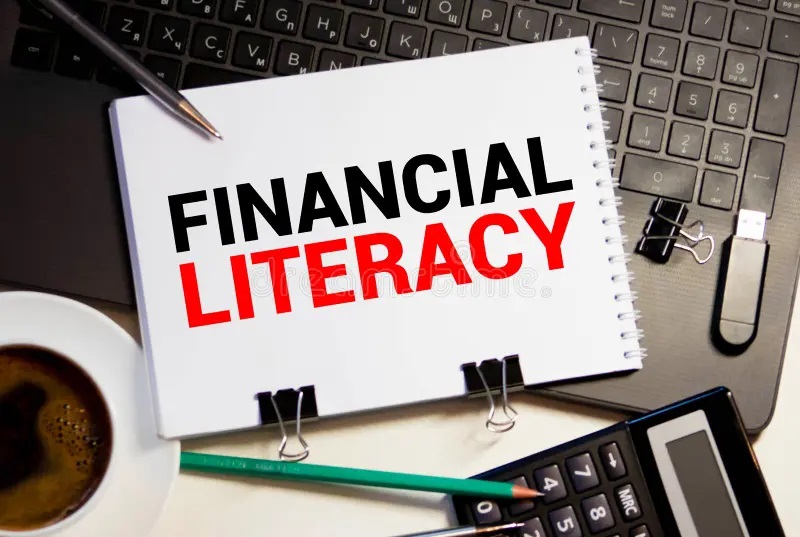Financial literacy is not just about numbers and charts, it’s about empowerment, confidence, and freedom. As women face unique financial challenges hence there is a need to empower women to be financially independent as the popular saying goes, ” empower women, empower Nations”. knowledge is power, and financial literacy is the key to women’s secure and fulfilling future.
Whether you are just starting, juggling family finances, or planning for retirement, these tips can help you take control of your money and achieve your financial goals:
1. Build Your Money IQ:
Start small: Dedicate 15 minutes daily to reading articles, listening to podcasts, or taking online courses. Resources like The National Endowment for Financial Education (https://www.nefe.org/) and The Balance (https://www.thebalancemoney.com/) offer free, accessible information. Seek out mentors, financial advisors, or online communities of women supporting each other’s financial journeys and Don’t be afraid to ask your bank, employer, or financial advisor for clarification. No question is too silly when it comes to your financial well-being.
2. Master the Basics:
– Budgeting: Track your income and expenses to understand where your money goes. Create a realistic budget that aligns with your values and goals. Tools like Mint or You Need A Budget (YNAB) can help.
– Debt management: Develop a plan to pay off high-interest debt, like credit cards, and prioritize building an emergency fund to cover unexpected expenses.
– Saving and investing: Start small, even with 1-5% of your income, and gradually increase as you get comfortable. Explore options like retirement accounts, index funds, and robo-advisors.
3. Invest in Yourself:
Research your worth and confidently negotiate for fair compensation. Invest in your career development through courses, certifications, or networking events. This can lead to higher earning potential and career advancement. You must Understand your insurance options like health, life, and disability insurance.
4. Empower Others:
Discuss finances with your family, friends, and daughters. Share your knowledge and break the stigma around women and money.
5. Support financial education initiatives: Advocate for financial literacy programs in schools and communities, especially for young girls and women.
Remember that financial literacy is a journey, not a destination. Celebrate your progress, learn from setbacks, and most importantly, believe in your ability to achieve financial security and independence. You’ve got this!”



